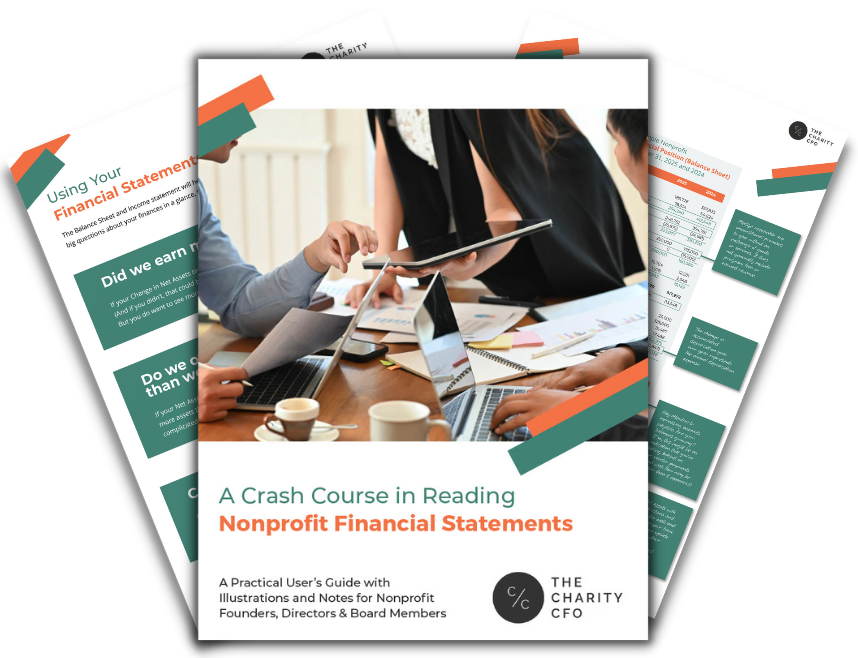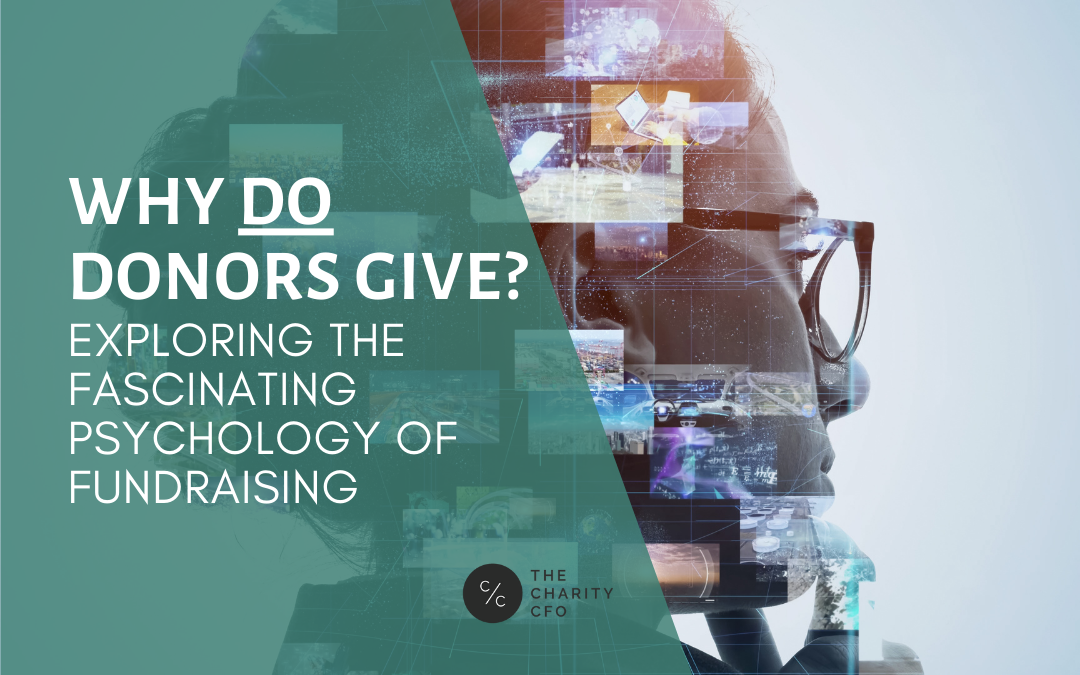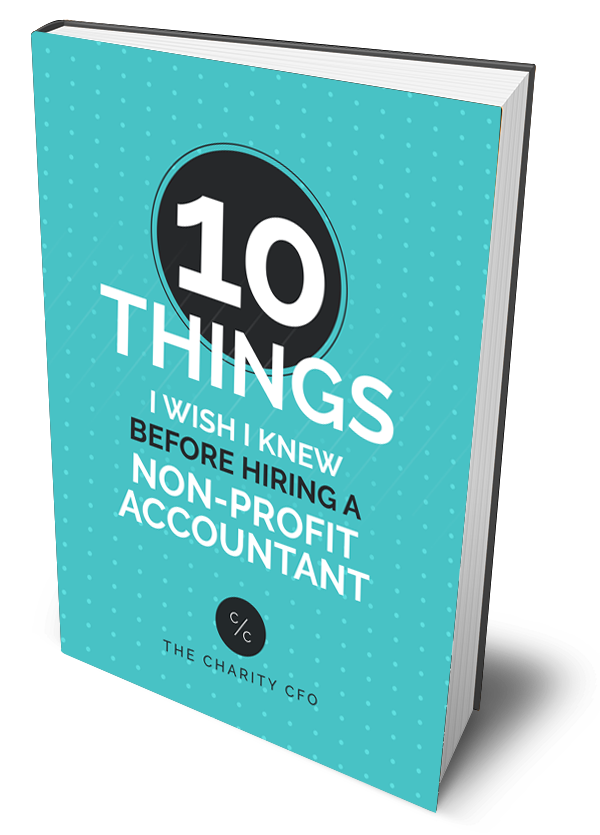Why do people donate to nonprofits?
After all, giving away money isn’t rational. Moreover, from a human behavior standpoint, the psychology of fundraising doesn’t appear to make sense. And yet, people across cultures and contexts give generously to organizations that share their values.
So, what forces explain fundraising psychology? And how can you harness those forces to raise more money for your organization?
The Psychology of Fundraising
There are many reasons your donors give you money, but we’ll list some of the most common ones here.
Which reasons matter most to your organization depends on your audience, but understanding which psychological triggers motivate your donors is the first step to overcoming your fundraising challenges.
A Sense of Duty
According to one survey, 96% of donors feel a duty to give back to society and help others.
They may use phrases like, “I have a responsibility to help my brothers and sisters.” Or, “This is just how I was brought up.” They associate donating with a sense of honor. At the very least, they feel giving back is an expectation placed on them by society.
Religious Faith
Tithing is a common practice in many faith traditions. While giving may be obligatory for this group, it doesn’t necessarily mean it’s joyless! Many give a portion of their tithe to support non-religious social causes or even increase their giving above 10% to live out their religious calling to help others.
Making a Difference
Givers from younger generations, like Gen Xers and Millennials, have a reputation for thinking globally. They want to make the world a “better place” or “change the world.” People motivated to make a difference often give money to organizations making things happen on a scale greater than an individual can accomplish alone.
Wanting to Belong
At our core, humans are social animals and your donors are no exception! Contributing financially to an organization can be a way of bonding with like-minded people or demonstrating membership in a pack. And research shows that donors give more when they have a sense of belonging! Savvy fundraisers will tap into this aspect of fundraising psychology and create opportunities for donors feel like they’re a part of a team or movement. Get your donors involved, and your donations will rise!
Anger
Many people are frustrated and angry about the way things are. And that righteous anger is a powerful motivator to support organizations fighting injustice. While it’s unfortunate that anger is a motivating force, it has tremendous potential to drive significant fundraising. So if your audience is angry, look for ways to help them channel that anger into finding positive solutions.
Why do donors give YOU money?
Understanding fundraising psychology is more than simply knowing what motivates your donors. You need to understand why they choose to donate to YOU.
After all, hundreds of nonprofits are working on almost every possible cause or mission. So why do they choose you?
What you offer your donors is a value proposition–you’re showing them why they should choose you and what they will get for their “investment.”
Your value proposition shouldn’t be an accident. It’s part of a well-defined communication strategy designed to attract your ideal customers.
Here are the 4 elements of a compelling value proposition:
1. Appeal
Your appeal is simply your likability factor. What do your constituents like about your organization? What are you doing or producing that they appreciate? What’s exciting about how you are showing up in the world?
Emphasize the humanity of your organization, writing, and speaking like real people! After all, people prefer to give to people — not to anonymous nonprofit corporations.
2. Exclusivity
If your audience perceives that your organization is the same as other organizations, they’ll have no reason to give you money. Instead, help them choose you by identifying exactly how your organization differs from other nonprofits with a similar mission.
Highlight unique aspects of your services, including specific programs and the communities you serve. Even if your mission is similar to another organization’s (for example, many nonprofits feed the hungry), you can emphasize the unique way you carry out that mission.
3. Credibility
Do your constituents honestly believe your organization can achieve its mission? Or that their money will reach the community you claim to support? No matter a donor’s motivation, they won’t give unless they are confident that their money will be used effectively.
So, how can you use fundraising psychology to increase your organization’s credibility?
- Include statistics — talk about what % of your donations goes to services, the dollar value of services provided, or the number of people impacted by your work.
- Tell stories that demonstrate your impact. Humans love stories and telling one individual’s transformation story is more effective than talking about your “mission” in generic terms.
- Provide case studies about your success and the work yet to be done.
4. Clarity
Your audience won’t give if they can’t clearly understand what you do and how their donation will make a difference. Your audience isn’t involved in the day-to-day running of your organization, so you can’t assume they know what you do.
Your prospect needs to clearly understand what you do before you can tell them why they should give. Start by eliminating jargon, confusing words, and run-on sentences. Strive for clear, matter-of-fact messaging over clever or cute catchphrases. And ask for feedback from your target audience to ensure they grasp your mission and purpose.
A fundraising pro’s tip to multiplying online donations
Here’s a startling statistic:
Only 20% of people who click on a donate button make a donation.
In other words, even after you’ve convinced someone to navigate to the donation page, 80% of them will not give you any money!
That shows that not enough nonprofits are taking the psychology of fundraising seriously enough.
But Tim Kachuriak takes fundraising psychology very seriously as the Founder and Chief Innovation & Optimization Officer of Next After, a consulting firm dedicated to optimizing fundraising. He’s spent the last 15 years analyzing data from and implementing fundraising psychology within the nonprofit sector.
Tim has successfully raised conversion rates by 500% for his clients by adding more writing to their donation pages.
Many people think that “less is more” when it comes to copy in online marketing, but it’s not always true.
Donors want to be reassured that their money will be used wisely. And your donation page is your final chance to tell them exactly why your organization is the best choice for putting their money to good use.
So take advantage of this opportunity to sell your organization and your mission. Pull out all the stops and make the same argument you’d make to a donor face-to-face. Make them feel why they should trust your organization with their donation.
Understanding the psychology of fundraising can help you raise more money
Fundraising psychology tells us that people give to unique organizations that clearly communicate their effectiveness and likability.
Furthermore, the data shows that spelling out the reasons to give — no matter how many words it takes — is the best way to convert prospects to donors.
If you’d like to learn more about how the psychology of fundraising can help your organization raise more money, check out our podcast episode with Tim Kachuriak for a professional’s tips on getting more (and bigger) donations:

Do You Struggle to Make Sense of Your Financial Statements?
Get our FREE GUIDE to nonprofit financial reports, featuring illustrations, annotations, and insights to help you better understand your organization's finances.
Get the free guide!





0 Comments